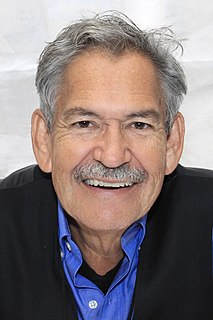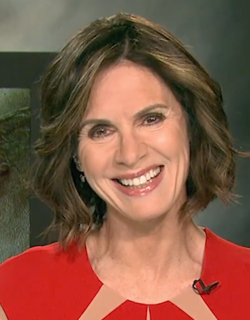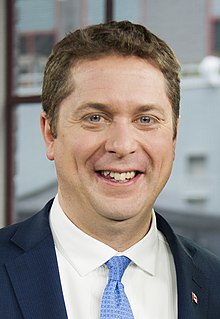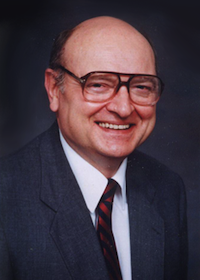A Quote by Jonathan Sacks
Sometimes the sight of someone in one faith wrestling with that faith can empower you to wrestle with another faith. For me, it was reading about how the Catholic Church wrestled with itself in the 1960s. Pope John XXIII set Nostra Aetate - the Declaration on the Relation of the Church with Non-Christian Religions - in motion. It changed the relationship between Jews and Catholics. Today, Jews and Catholics meet as friends. If you can do that, after the longest history of hatred the world has known, that empowers you as a Jew or a Muslim to wrestle with your faith.
Quote Topics
About
After
Another
Between
Catholic
Catholic Church
Catholics
Changed
Christian
Church
Declaration
Empower
Faith
Friends
Hatred
History
How
Itself
Jew
Jews
John
Known
Longest
Me
Meet
Motion
Muslim
Pope
Reading
Relation
Relationship
Religions
Set
Sight
Someone
Sometimes
Today
World
Wrestle
Wrestling
Your
Related Quotes
There are hard texts in each tradition which we must confront and ask ourselves, 'Can we reinterpret those texts to allow us to live peaceably, and respectfully, with people of other faiths?' That is a job only Jews can do for Judaism, only Christians can do for Christianity, and only Muslims can do for Islam. But sometimes the sight of someone in one faith wrestling with that faith can empower you to wrestle with another faith.
I never lost my faith...But like all modern Catholics, I felt for a time that I had outgrown the church. Now it is a bone of contention in my soul that I did not share my faith with my kids, as my parents did with me. It was a source of grace when I needed it. I have been greatly nurtured and inspired by my faith.
I'm an ex-Catholic priest. I have such a complex relationship to Catholicism. On the one hand, if I called myself a Catholic it would have to be a very unorthodox one, as I just don't believe all of the teachings of the Church. But on the other hand, I'm an educated man because the Catholic Church educated me. It gave me something that is really important to me. So I always think about my faith. I always have it, and sometimes I can't talk about it, and sometimes I can. I am like an adolescent in that way. Teens are asking questions: who is God and what does it mean to have faith?
It is certain that the truth of the Christian faith becomes more evident the more the faith itself is known. Therefore, the doctrine should not only be in Latin but also in the common tongue, and as the faith of the Church is contained in the Scriptures, the more these are known in the true sense, the better.
We don't always possess faith in the sense of having a clear embodiment of something to hang on to. The relationship between the intellect and faith is a very curious one. Sometimes the intellect can point us to faith, sometimes the intellect can stand in the way of faith. Sometimes, as St John of the Cross points out, we have to darken or blind the intellect in order to have faith.
I believe that this Republic will endure for many centuries. If so there will doubtless be among its Presidents Protestants and Catholics, and very probably at some time, Jews. I have consistently tried while President to act in relation to my fellow Americans of Catholic faith as I hope that any future President who happens to be Catholic will act towards his fellow Americans of Protestant faith. Had I followed any other course I should have felt that I was unfit to represent the American people.
A nominal Christian often discovers in suffering that his faith has been in his church, denomination, or family tradition, but not Christ. As he faces evil and suffering, he may lose his faith. But that’s actually a good thing. I have sympathy for people who lose their faith, but any faith lost in suffering wasn’t a faith worth keeping.
If the Christian church is to move responsibly towards the future, it must restore or renew its ties with its past. Contemporary Catholic and Protestant radicals want to claim that Christianity means whatever Christian today happen to believe and practice, be it pantheism, unitarianism, or sodomy. The Christian faith has suffered immeasurable harm because of the tendency of people to use the word Christian in a careless and non-historical way. Nothing in this argument would preclude liberal Protestants and Catholics from developing and practicing any religion they like.
One faith, St. Paul writes (Eph. 4:5). Hold most firmly that our faith is identical with that of the ancients. Deny this, and you dissolve the unity of the Church ... We must hold this for certain, namely: that the faith of the people at the present day is one with the faith of the people in past centuries. Were this not true, then we would be in a different church than they were in and, literally, the Church would not be One.



































